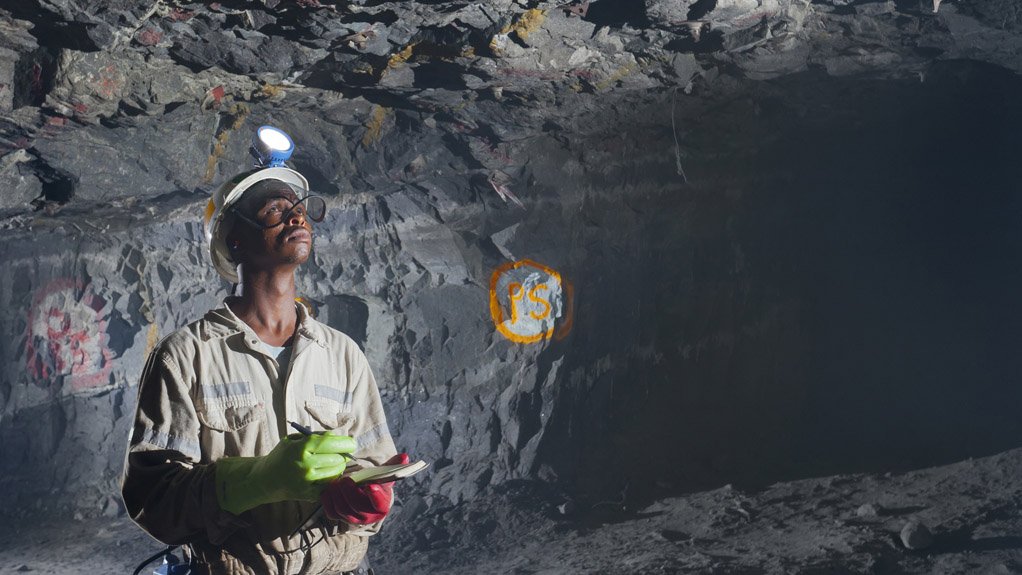Harare, (New Ziana) – Zimbabwe is on the brink of a major economic breakthrough as Africa’s richest man, Aliko Dangote, considers a potential $1 billion investment spanning cement production, coal mining, and power generation — a move expected to transform the country’s industrial landscape and create thousands of jobs, said the Government on Thursday.
In a post on its National Development Strategy 1 (NDS 1) on X, Government said according to preliminary project details, the investment would see the establishment of a $400–$500 million cement factory, aimed at reducing the country’s reliance on imported cement and supporting major infrastructure and housing developments. Complementing this would be a $200–$300 million coal mine to supply the cement plant and generate additional fuel for energy production, as well as a $100–$200 million power station to strengthen the national grid and help ease persistent power outages.
The initiative aligns with Zimbabwe’s Vision 2030, which seeks to build a modern, industrialized, and prosperous nation. If realized, the Dangote investment could bring a wave of positive change — from job creation and economic growth to energy security and industrial expansion.
Economists note that the project could create thousands of direct and indirect jobs, spurring growth in construction, engineering, logistics, and support services. It is also expected to boost local industries, reduce the import bill, and enhance foreign exchange earnings through exports.
However, the investment hinges on ongoing negotiations between Dangote Industries and the Zimbabwean government.
Key issues under discussion include access to mining concessions for coal and limestone, tax incentives to ensure commercial viability, work permits for expatriate experts, and investment security guarantees to protect against policy shifts or expropriation.
The news of Dangote’s potential entry into Zimbabwe has been met with widespread optimism, with many viewing it as a sign of renewed investor confidence in the country. Business leaders have praised the move as a “vote of confidence” in Zimbabwe’s reform agenda, while citizens hope it will mark the start of a new era of sustainable development.
But some observers are cautious, pointing to previous investment promises that failed to materialize due to policy uncertainty and bureaucratic hurdles.
Analysts say the success of Dangote’s venture will depend largely on the government’s ability to maintain a stable, predictable, and investor-friendly environment.
If the deal goes through, it could become one of Zimbabwe’s largest private sector investments in recent years, positioning the country as a key player in Southern Africa’s industrial value chains and reinforcing its ambition to become an upper-middle-income economy by 2030.
New Ziana



